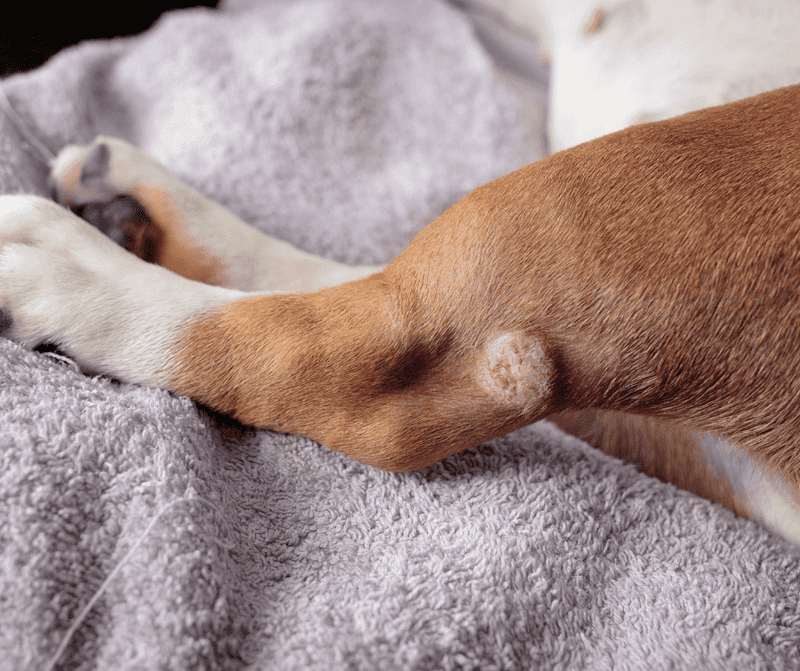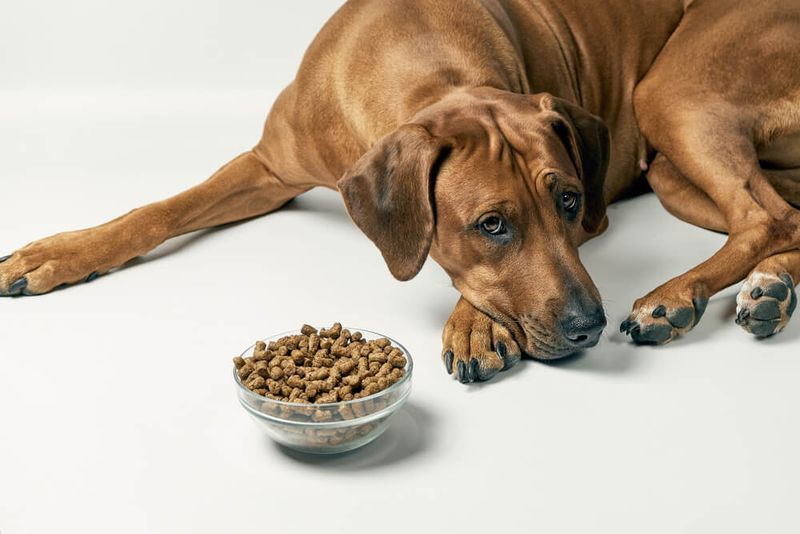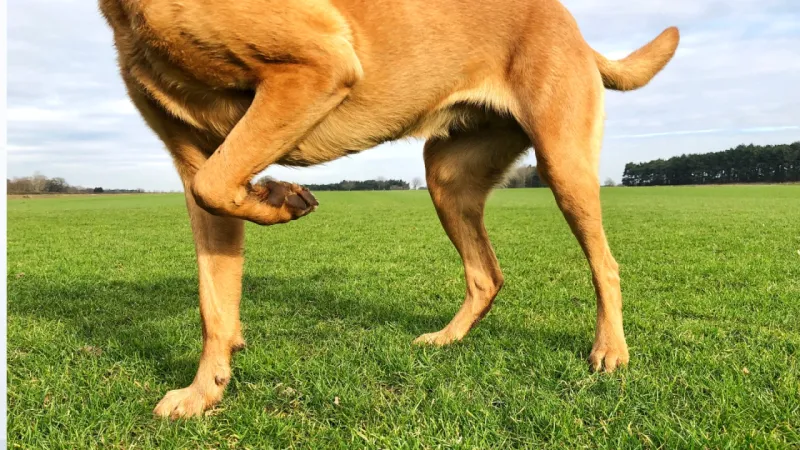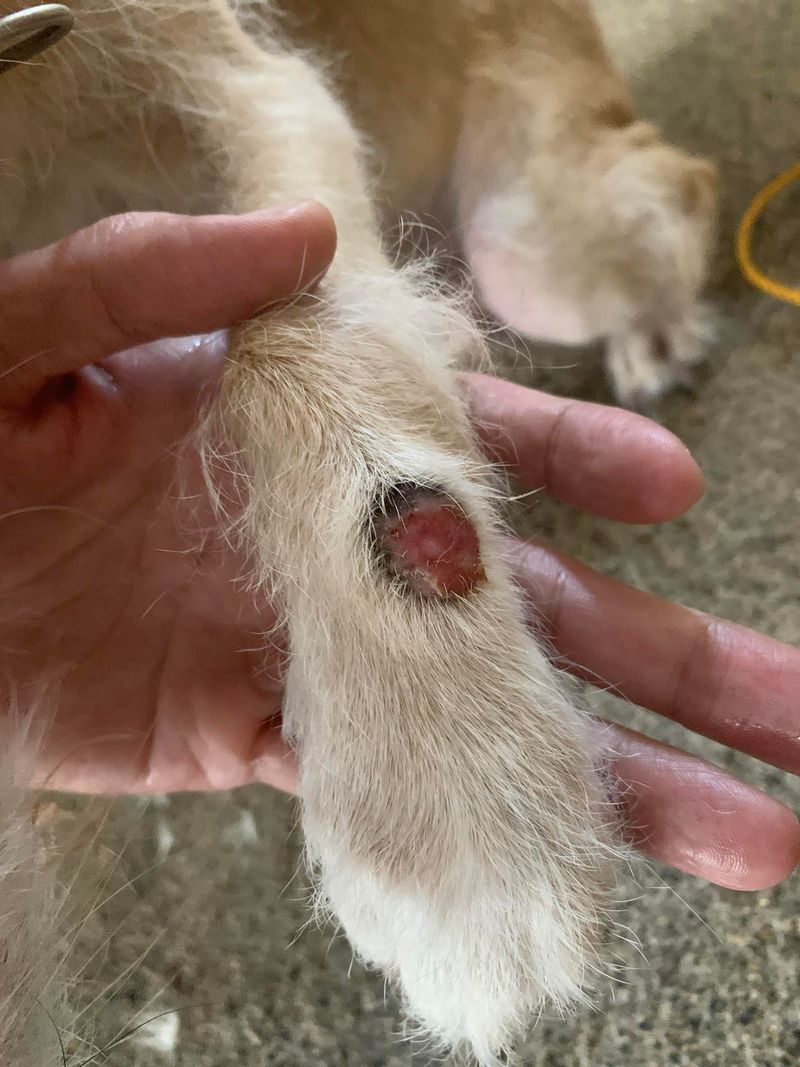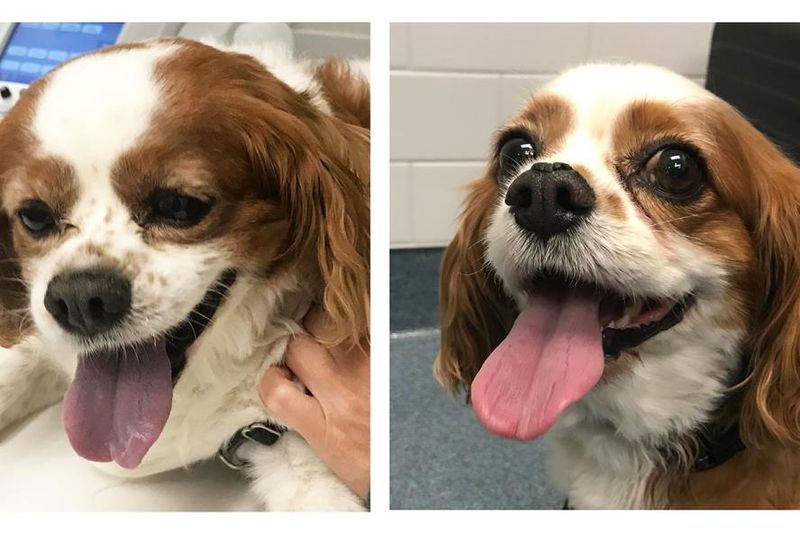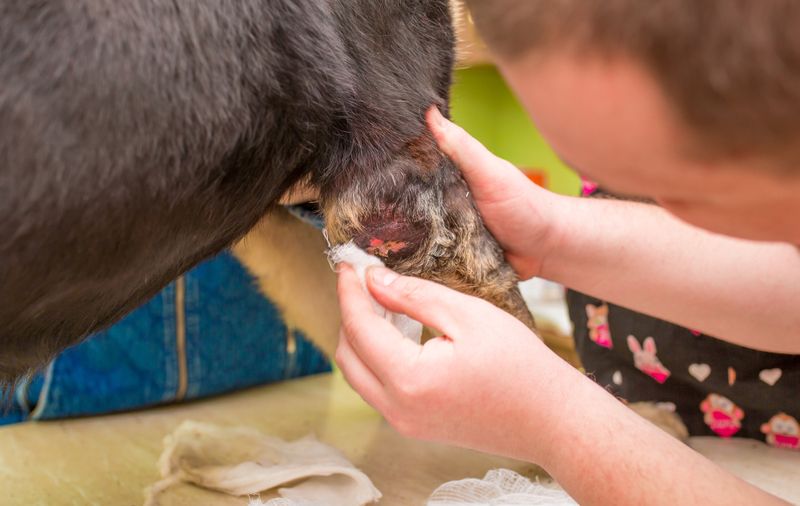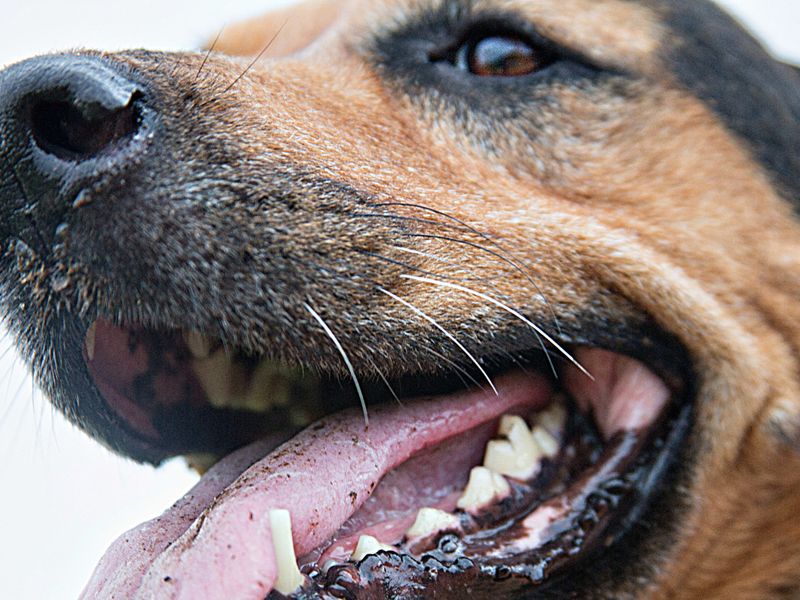Cancer in dogs can often go unnoticed until it reaches a serious stage. Being aware of the signs can make a significant difference in early detection and treatment. This guide highlights ten crucial signs that every dog owner should be vigilant about.
Unusual Lumps or Bumps
Have you ever found a peculiar lump on your furry friend during a belly rub? It’s essential to monitor any strange growths, as they could indicate cancer. When detected early, lumps can be examined and treated effectively.
Lumps may be benign or malignant, but only a vet can determine their nature. Regular checks are vital to ensure your dog’s health. If a lump changes in size, shape, or texture, it’s time to consult your vet.
Routine veterinary visits should include checking for lumps, as early intervention can save your dog’s life.
Unexplained Weight Loss
Has your dog suddenly lost weight without a change in diet or exercise? While some weight fluctuation is normal, significant loss might signal an underlying issue like cancer.
Cancer can affect metabolism, causing rapid weight loss that requires attention. Monitoring your dog’s weight can help catch these changes early.
Sometimes, weight loss can be the first visible sign of an internal problem. If you notice your dog shedding pounds unexpectedly, a vet visit is crucial to rule out cancer or other illnesses.
Persistent Lameness or Stiffness
Does your dog seem to limp or struggle to move around? Persistent lameness or stiffness might be more than just aging—it could be a sign of bone cancer.
While older dogs may naturally slow down, constant discomfort is a red flag. Observing your dog’s mobility and any reluctance to play or walk can provide insights into their health.
Bone cancer can be painful, making early detection essential. If your dog’s movement changes noticeably, consult a vet to explore potential causes, including cancer.
Sores That Do Not Heal
Ever wondered why your dog’s sore isn’t healing? Non-healing wounds or sores can be a concerning sign of cancer, especially if they persist despite treatment.
Dogs tend to lick their wounds, but when a sore remains open, it requires veterinary attention. Chronic sores can indicate skin cancer or systemic issues.
Monitoring the healing process of any injury is crucial. If a wound refuses to mend, it’s time to investigate further with a professional evaluation.
Changes in Appetite
Have you noticed your pup turning away from their favorite food? A sudden change in appetite can be alarming and may signal something serious like cancer.
Appetite changes can stem from various health issues, including digestive or oral cancers. When a dog consistently refuses food, it’s essential to act swiftly.
Consulting with a vet can help determine the cause and ensure your dog receives the appropriate care. Ignoring this sign could lead to further complications.
Difficulty Breathing
Is your dog having trouble catching its breath? Difficulty breathing is a symptom that should never be ignored, as it could indicate lung cancer.
Various factors can affect a dog’s respiratory system, but persistent breathing issues require immediate attention. Observing your dog’s breathing patterns can offer clues to their overall health.
If your dog exhibits labored breathing or coughing, it’s time to consult a vet. Early intervention is key to managing potential respiratory cancers.
Bleeding or Discharge
Have you ever noticed unexplained bleeding from your dog’s nose or mouth? Such symptoms can be alarming and might indicate cancer.
While minor injuries can cause bleeding, persistent or recurring cases should be checked. Discharge from any part of the body is not standard and requires evaluation.
Early detection of bleeding disorders can lead to more effective treatment and management. If you observe unusual bleeding or discharge, seek veterinary assistance promptly.
Abnormal Odors
Does your dog suddenly have an unusual odor that’s hard to ignore? Abnormal smells can be a sign of oral or anal gland cancers.
Dogs naturally have a distinct scent, but significant changes can indicate health issues. Bad breath or foul odors from other areas should not be overlooked.
A professional check-up can help identify the cause and provide necessary treatment. Addressing these odors can lead to early cancer detection and better outcomes.
Behavioral Changes
Have you noticed a shift in your dog’s behavior or energy levels? Behavioral changes can be subtle signs of health issues, including cancer.
A dog that is lethargic, anxious, or unusually aggressive might be suffering internally. Observing these changes can provide insights into your pet’s well-being.
If your once playful pup shows disinterest or agitation, it’s time to investigate further with a vet. Understanding your dog’s behavior can aid in early cancer detection.
Persistent Cough
Have you ever been alarmed by your dog’s persistent cough? Chronic coughing can indicate lung or heart cancer.
While occasional coughs are normal, a continuous one requires attention. It could be a sign of something serious that needs addressing promptly.
Monitoring the frequency and nature of the cough can assist in identifying underlying issues. If your dog’s cough persists, a veterinary assessment is necessary to rule out cancer.

